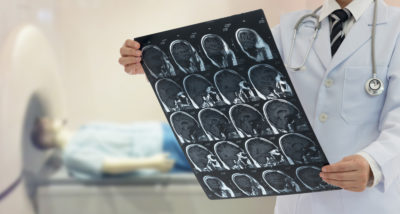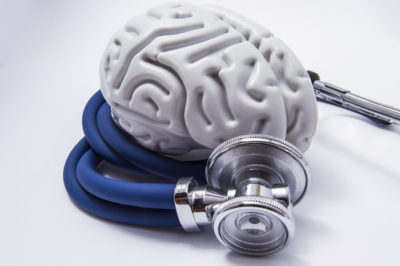
Common Stroke Symptoms: Know These Warning Signs
Recognizing the signs of a stroke as soon as possible is crucial because every minute matters. Here’s what to watch for!
3 min read

Recognizing the signs of a stroke as soon as possible is crucial because every minute matters. Here’s what to watch for!
3 min read

As a primary care physician who often treats patients with heat-related illnesses, I know all too well how heat waves create spikes in hospitalizations and deaths related to “severe nonexertional hyperthermia,” or what most people call “heat stroke.” Heat stroke is when a person’s core body temperature rises too high – often more than 104 […]
3 min read

Did you know there is such thing as a mini stroke? Check out our list of everything you need to know about a Transient Ischemic Attack or Mini-Stroke.
6 min read

Strokes are something that can happen to anyone at almost any age, and can leave a patient with catastrophic results. While there isn’t a 100-percent foolproof way to avoid one, there are lifestyle changes you can make, as well as changes to your diet.
7 min read

Strokes can be life threatening (and are usually at least life changing), and they strike both men and women — although, according to Harvard Medical School, they affect women a bit more than their male counterparts. Let’s take a closer look at 12 stroke symptoms that typically only women will experience during (or after) a stroke.
6 min read

There are many similarities in the symptoms of a mini-stroke and a full-blown (ischemic) stroke, but the outcomes are different. Let’s take a closer look at the 12 differences and similarities between them…
6 min read